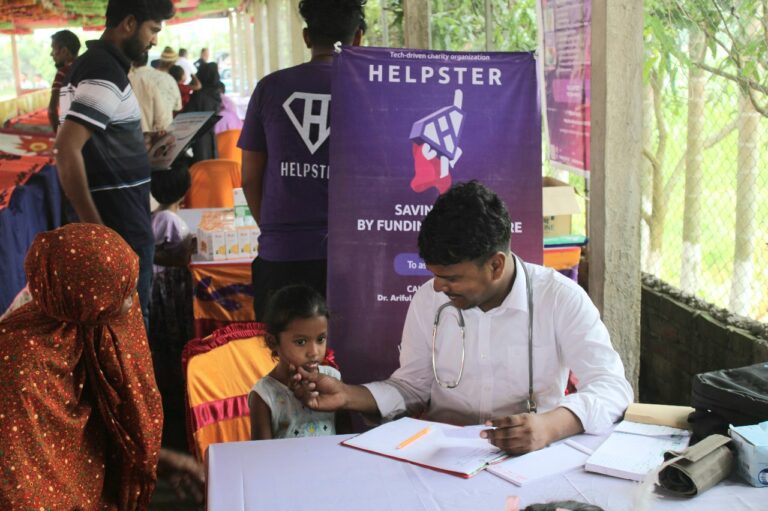
Helpster proves health insurance doesn’t need premiums
Helpster Charity proves health insurance can work without premiums, offering fast, transparent, tech-driven cover that saves lives and protects families from poverty in Africa and Asia.

Helpster Charity proves health insurance can work without premiums, offering fast, transparent, tech-driven cover that saves lives and protects families from poverty in Africa and Asia.

Dr Mark Palmer of Ansys explores how digital heart twins, AI, and in silico medicine are transforming cardiology, improving treatment planning, accelerating trials, and redefining patient care.

The UK public sector is rapidly adopting AI, but without ethical literacy and regulation, risks of bias and eroded trust loom. Skills and ethics must lead adoption.
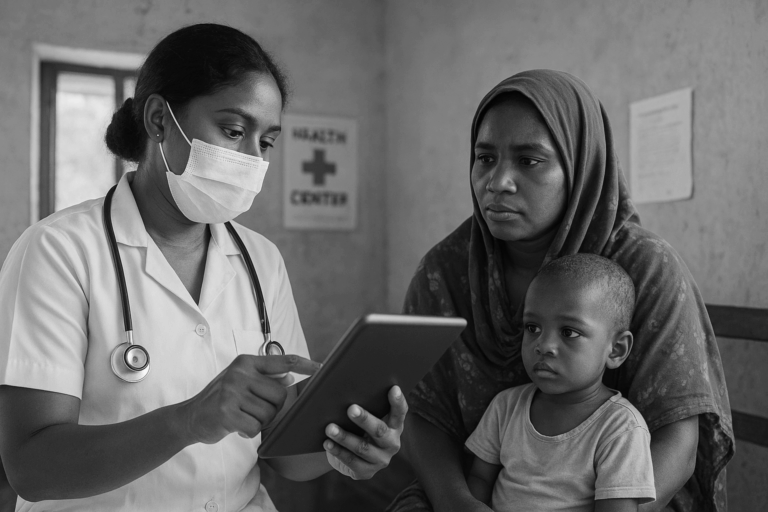
Half the world lacks essential healthcare. Discover how tech solutions like Helpster’s digital-first model are transforming global health aid and closing life-threatening gaps in access.

Helpster’s Health Help Platform connects underserved patients in Africa and Asia with donors, hospitals, and volunteers, using technology to bridge healthcare gaps and deliver life-saving support.

Agentic automation is transforming UK healthcare by reducing admin, boosting efficiency and empowering staff—supporting a smarter, more responsive and digitally advanced NHS.

Helpster’s 2024 report reveals how tech-driven healthcare funding is saving lives in underserved regions, proving that innovation and transparency can transform global health outcomes.
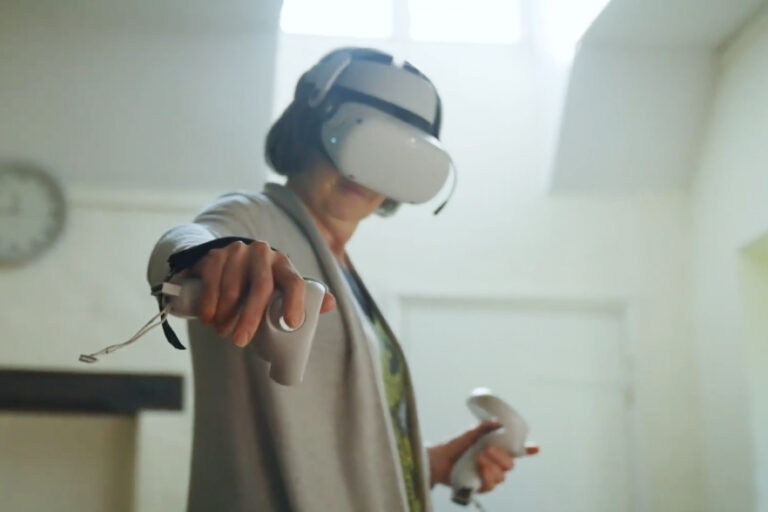
Researchers at the University of Plymouth have shown that developing tech with – not for – the digitally excluded can produce remarkable results.
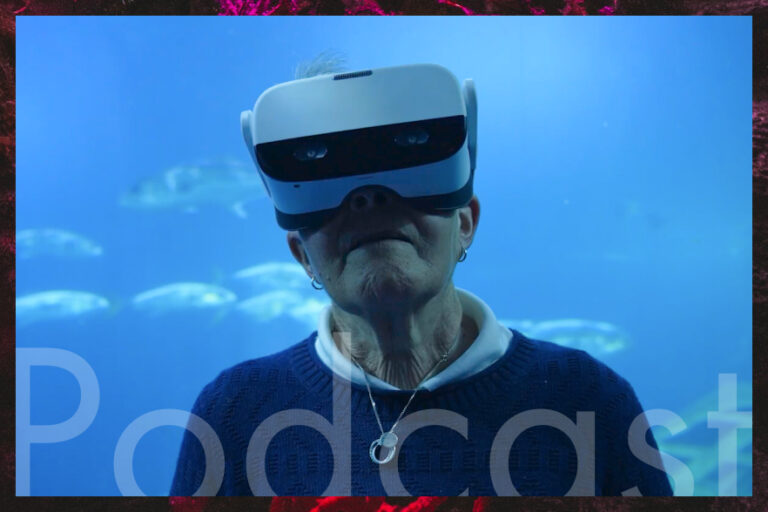
Inside ICONIC, the research project that codesigned four novel new technologies hand-in-hand with the digitally excluded.
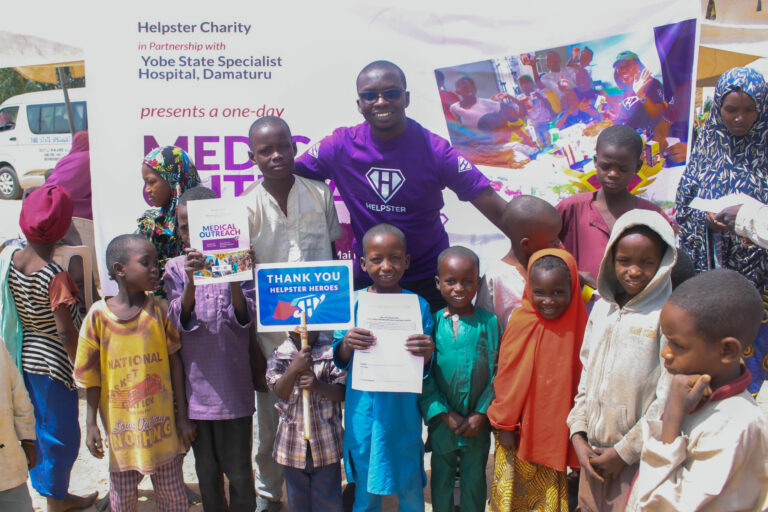
Helpster Charity demonstrates how technology-driven healthcare solutions can break barriers, providing life-saving medical support to underserved communities and ensuring equitable access to essential treatment worldwide.
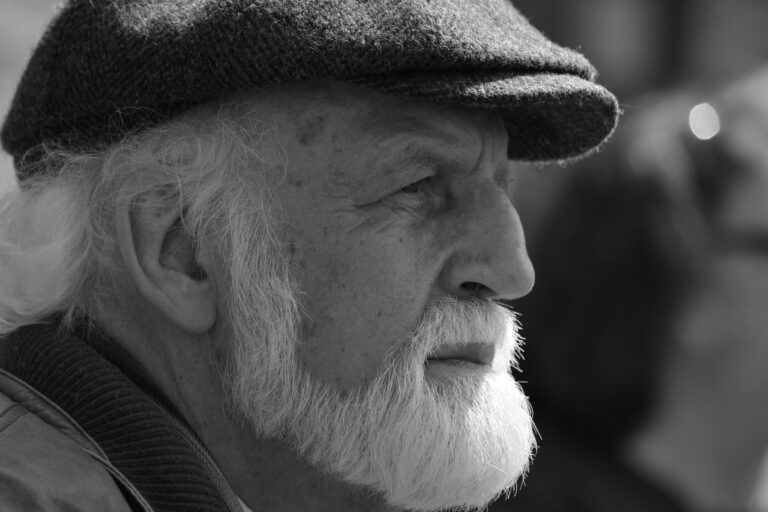
Daniel Avery, head of venture building at Rainmaking, on the healthtech innovations spurred via London’s Thames Freeport special economic

Smart leggings with built-in sensors offer a breakthrough in sports medicine, helping to reduce ACL and hamstring injuries in women by providing real-time movement analysis.
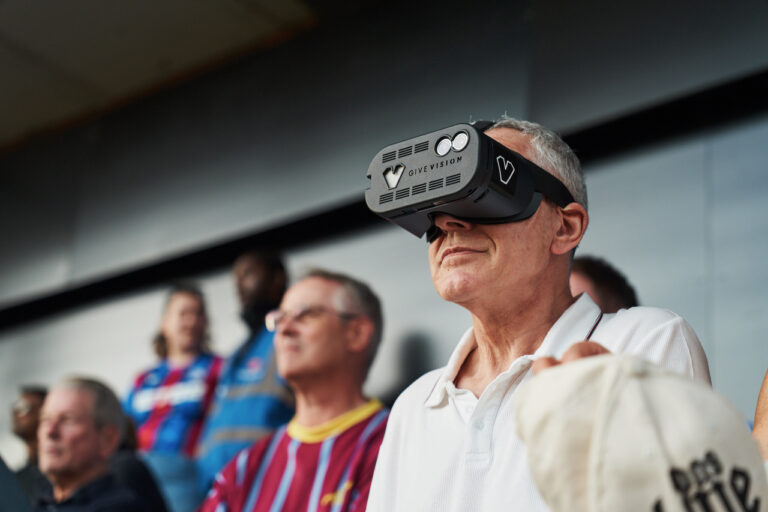
Technology is changing the world in countless ways, and one of the most exciting advancements today is the way it’s
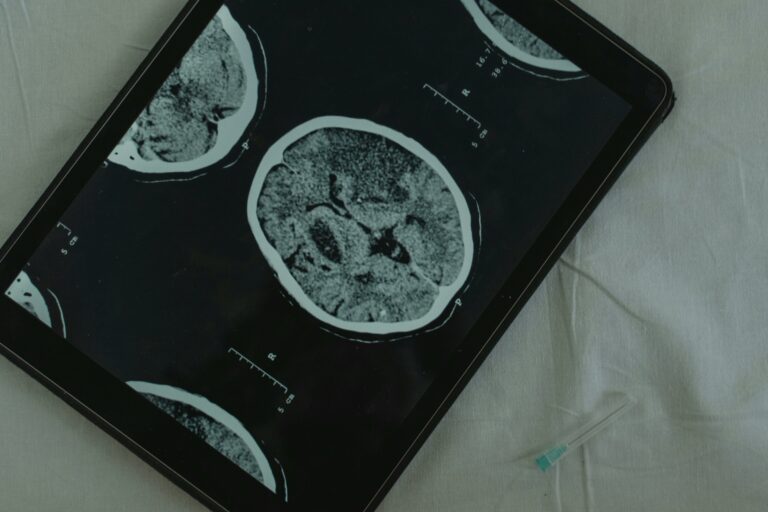
Sapio Sciences CEO predicts key advancements in diagnostics, mental health, and physician support

Telemedicine is transforming healthcare access. Kat James, Director of New Projects at Consultant Connect, shares how simple tech solutions are bridging gaps for underserved communities in the UK and beyond.
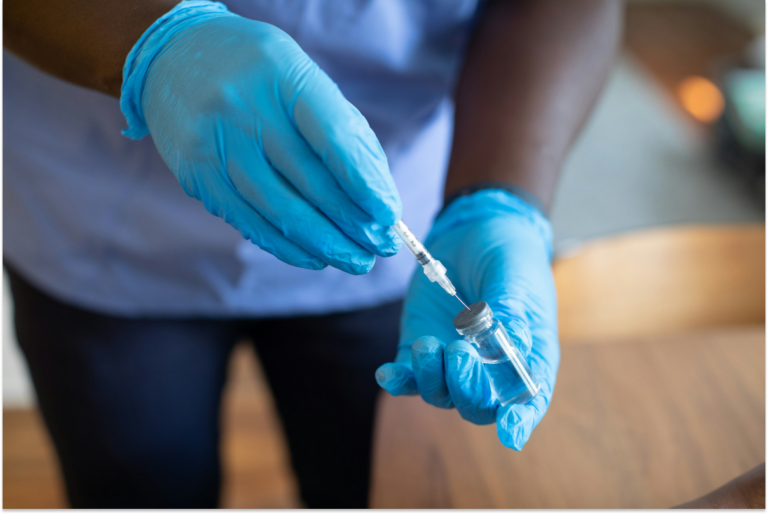
Alicia Staley, Chief Patient Officer at Medidata, highlights the need for diversity in clinical trials, exploring how AI and patient-centred technology improve accessibility and inclusivity.

Matthew Jenkins, founder of Dream and Leap, examines technology’s impact on mental health, urging leaders to foster balance and ensure it enhances, rather than overwhelms, human wellbeing.

Navigating online mental health support is often confusing and fragmented. Clearer signposting and better data infrastructure can make finding help as simple as everyday digital tasks.

As AI reshapes industries, its impact on mental health is profound. While it disrupts jobs, it also fosters new opportunities. Human creativity remains irreplaceable.
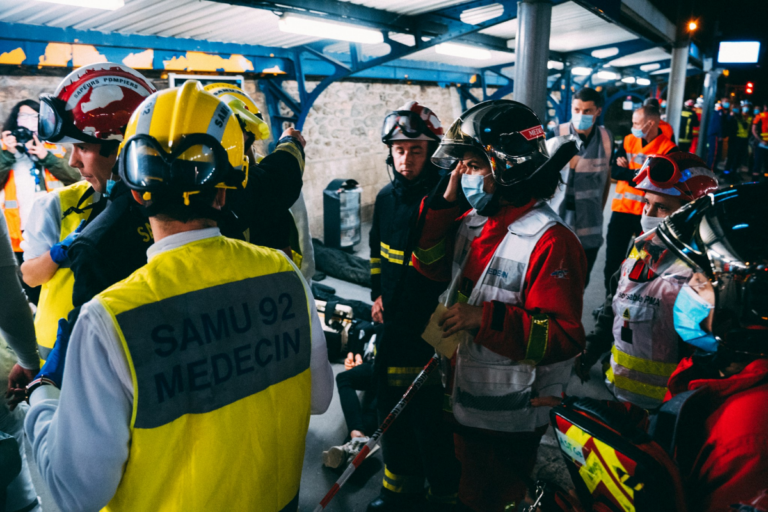
Robust data management is crucial for disaster response. Accurate, real-time data enables swift decisions, preventing misallocated resources and delays that could cost lives.

Founder Nikita Kuzmin on Helpster’s long, arduous mission to save lives in developing countries by connecting patients and doctors directly with donors.

Dulas is transforming healthcare in underserved communities by delivering solar-powered solutions, such as vaccine refrigerators, to ensure reliable immunisations and to build resilient local healthcare systems.
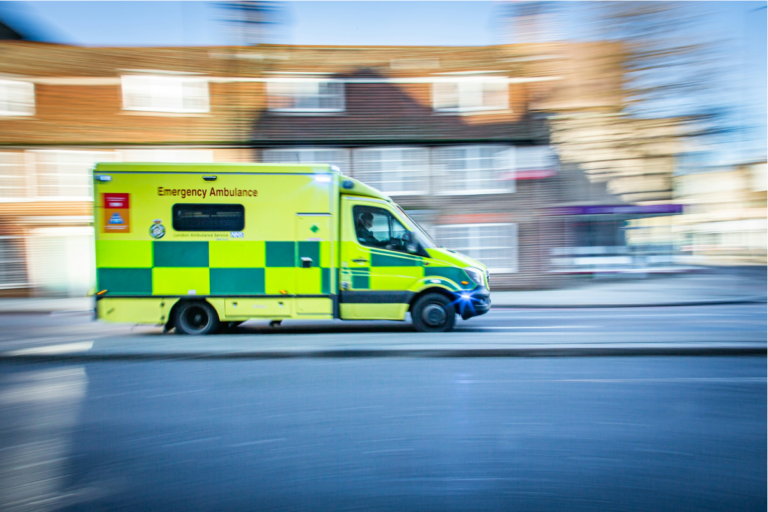
Technology is revolutionising patient transport with innovations like GPS tracking, AI, telemedicine, and real-time monitoring, enhancing efficiency, safety, and patient outcomes across healthcare systems.
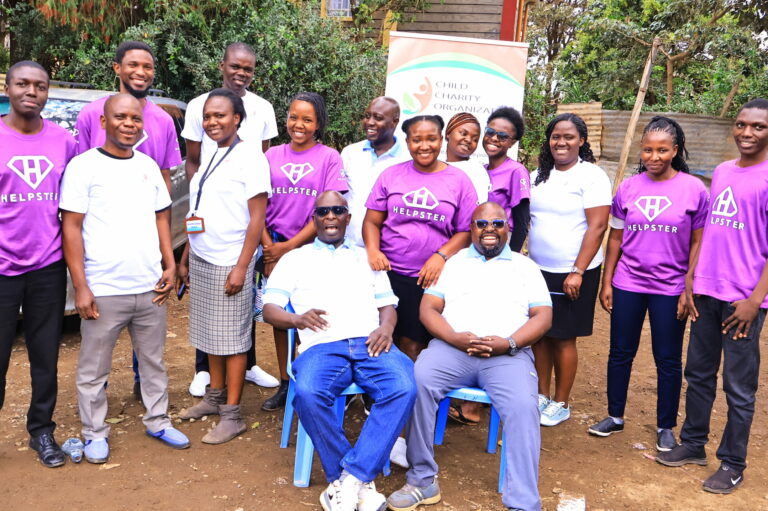
Helpster Charity, led by CEO Kate Lysykh, leverages technology to provide life-saving healthcare to children in Africa and Asia, combating preventable deaths from diseases like malaria and pneumonia.

The City of Philadelphia’s Office for Innovation using the power of public-private partnership to provide internet access to thousands.
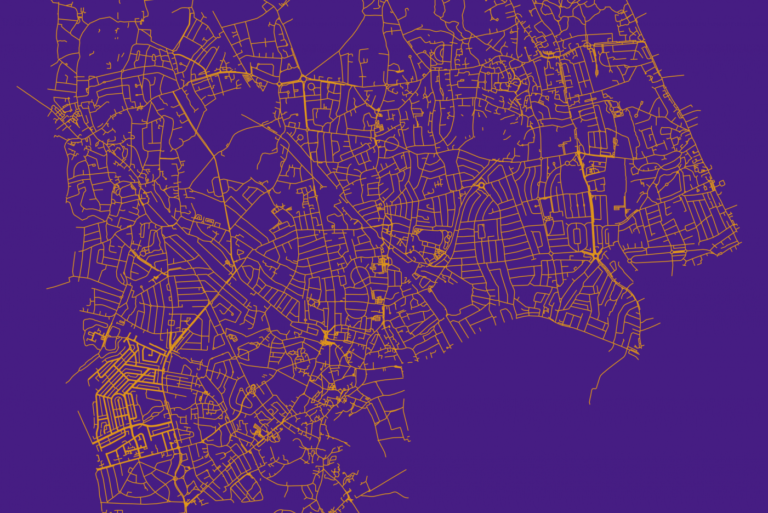
Harrow Council’s IT team take Tech For Good behind the scenes of a digital transformation programme that is improving the lives of its workers and residents.
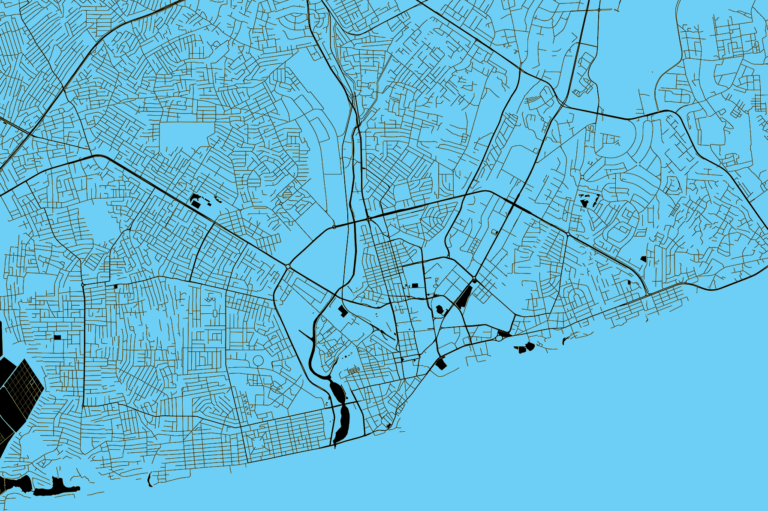
Tech for Good sits down with the founders of Ghanaian digital healthcare startup Redbird

Sopra Steria’s new Digital Ethics & Tech for Good practice, led by Jen Rodvold, is taking previously fringe issues to the heart of transformations
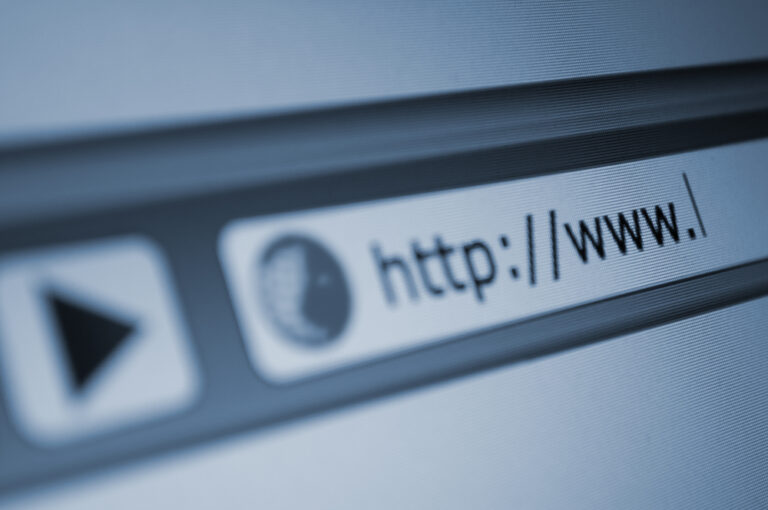
Digital technology is responsible for 4% of global greenhouse gas emissions and is rising each year.

Distributed’s CEO Callum Adamson on how remote working will benefit business and the planet
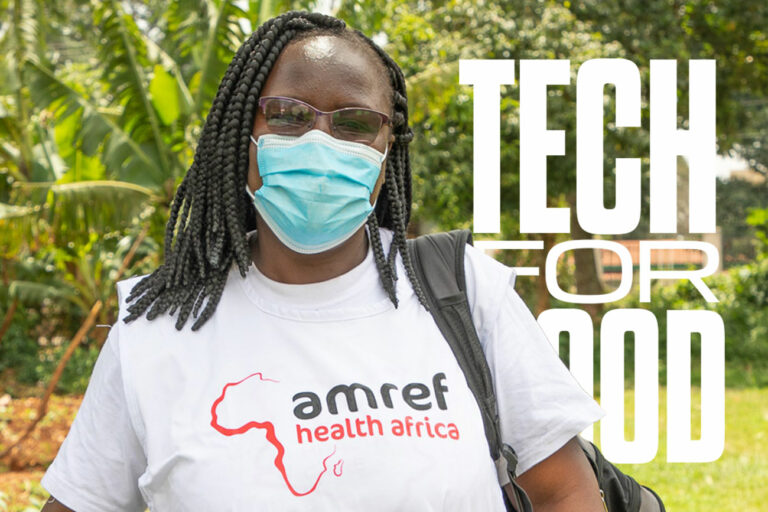
Tech for Good sits down with leaders from Amref, GSK and Cognizant to discuss a remarkable collaboration set to create a lasting digital advantage for Amref as it seeks to transform healthcare on the continent.
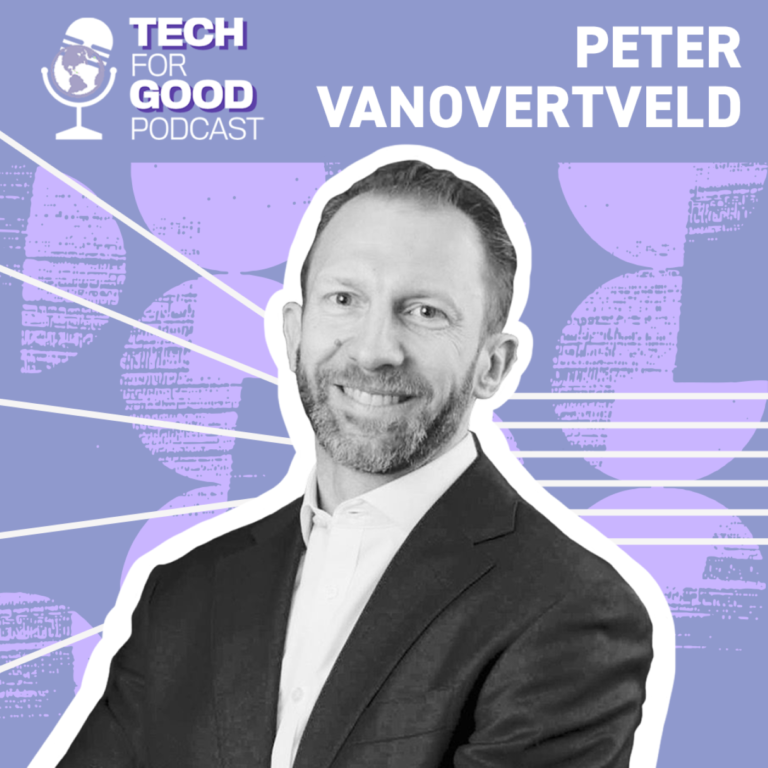
Peter Vanovertveld is Chief Commercial & Operations Officer for Smart Reporting.
In this podcast, Peter explains why structured data can help drive new standards in patient care.

Helpster Charity proves health insurance can work without premiums, offering fast, transparent, tech-driven cover that saves lives and protects families from poverty in Africa and Asia.

Dr Mark Palmer of Ansys explores how digital heart twins, AI, and in silico medicine are transforming cardiology, improving treatment planning, accelerating trials, and redefining patient care.

The UK public sector is rapidly adopting AI, but without ethical literacy and regulation, risks of bias and eroded trust loom. Skills and ethics must lead adoption.

Half the world lacks essential healthcare. Discover how tech solutions like Helpster’s digital-first model are transforming global health aid and closing life-threatening gaps in access.

Helpster’s Health Help Platform connects underserved patients in Africa and Asia with donors, hospitals, and volunteers, using technology to bridge healthcare gaps and deliver life-saving support.

Agentic automation is transforming UK healthcare by reducing admin, boosting efficiency and empowering staff—supporting a smarter, more responsive and digitally advanced NHS.

Helpster’s 2024 report reveals how tech-driven healthcare funding is saving lives in underserved regions, proving that innovation and transparency can transform global health outcomes.

Researchers at the University of Plymouth have shown that developing tech with – not for – the digitally excluded can produce remarkable results.

Inside ICONIC, the research project that codesigned four novel new technologies hand-in-hand with the digitally excluded.

Helpster Charity demonstrates how technology-driven healthcare solutions can break barriers, providing life-saving medical support to underserved communities and ensuring equitable access to essential treatment worldwide.

Daniel Avery, head of venture building at Rainmaking, on the healthtech innovations spurred via London’s Thames Freeport special economic

Smart leggings with built-in sensors offer a breakthrough in sports medicine, helping to reduce ACL and hamstring injuries in women by providing real-time movement analysis.

Technology is changing the world in countless ways, and one of the most exciting advancements today is the way it’s

Sapio Sciences CEO predicts key advancements in diagnostics, mental health, and physician support

Telemedicine is transforming healthcare access. Kat James, Director of New Projects at Consultant Connect, shares how simple tech solutions are bridging gaps for underserved communities in the UK and beyond.

Alicia Staley, Chief Patient Officer at Medidata, highlights the need for diversity in clinical trials, exploring how AI and patient-centred technology improve accessibility and inclusivity.

Matthew Jenkins, founder of Dream and Leap, examines technology’s impact on mental health, urging leaders to foster balance and ensure it enhances, rather than overwhelms, human wellbeing.

Navigating online mental health support is often confusing and fragmented. Clearer signposting and better data infrastructure can make finding help as simple as everyday digital tasks.

As AI reshapes industries, its impact on mental health is profound. While it disrupts jobs, it also fosters new opportunities. Human creativity remains irreplaceable.

Robust data management is crucial for disaster response. Accurate, real-time data enables swift decisions, preventing misallocated resources and delays that could cost lives.

Founder Nikita Kuzmin on Helpster’s long, arduous mission to save lives in developing countries by connecting patients and doctors directly with donors.

Dulas is transforming healthcare in underserved communities by delivering solar-powered solutions, such as vaccine refrigerators, to ensure reliable immunisations and to build resilient local healthcare systems.

Technology is revolutionising patient transport with innovations like GPS tracking, AI, telemedicine, and real-time monitoring, enhancing efficiency, safety, and patient outcomes across healthcare systems.

Helpster Charity, led by CEO Kate Lysykh, leverages technology to provide life-saving healthcare to children in Africa and Asia, combating preventable deaths from diseases like malaria and pneumonia.